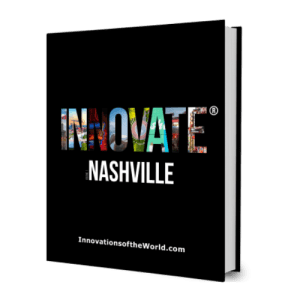I am a physician and a scientist, and I study the human immune system. When I was a senior medical student training to be a physician, I worked for several months as a pediatrician in a rural hospital in East Africa. The work was challenging to me, because of the overwhelming burden of infectious diseases in young children there. I promised then that I would do what I could in my professional life to make a difference in the fight against infectious diseases, especially for the most vulnerable among us.
Humankind has been locked in a relentless, titanic struggle for survival, since the beginning of time, against the world of infectious diseases. Bubonic plague, 1918 influenza virus, smallpox virus, HIV, COVID-19. These outbreaks have shaped our history as humans, and they are scary. The question I have been exploring is, which is the more formidable force – infectious pathogens or the human immune system?
When we review the persistent emergence of outbreaks throughout history, with a seeming acceleration to annual outbreaks at present, what words would you use to describe how you feel about the prospects of the human race to endure? Do you think of persistence . . . hardiness . . . resilience? Or instead does your mind wander toward fear, and the possibility of death or extinction?
Often when we speak of our ability to resist challenges, we talk about our body’s system, and what we really mean is the immune system. The human immune system is an enormous reservoir of information and potential. We have more genes in the human immune system within each of us than is in all the microorganisms in the world, combined. We now have the powerful laboratory tools and computers to catalog all our immune system genes. Our task now is to fully understand and use this enormous capacity of the human immune system to prepare for epidemics of the future.
I want to harness the power and complexity of the human immune system for good, based on my enormous confidence in the universe that is within each of us.
James Crowe founded the Vanderbilt Vaccine Center (VVC) in 2005 with a core vision of “Improving human health through next generation antibody science”. The VVC is now a leading antibody discovery biotech laboratory, with many human monoclonal antibodies in testing or use in humans including antibodies for COVID-19. This team has received numerous accolades, including Best Academic Research Team World Vaccine Congress, the 2021 Golden Goose Award, for scientific contributions with great societal benefit, the 2022 The Harrington Prize for Innovation in Medicine, a 2022 R&D100 award and a R&D100 Gold Medal for a COVID-19 special recognition category from the R&D100 Awards (“Oscars of Innovation”), and recognition by TIME for The Best Innovations of 2022.













